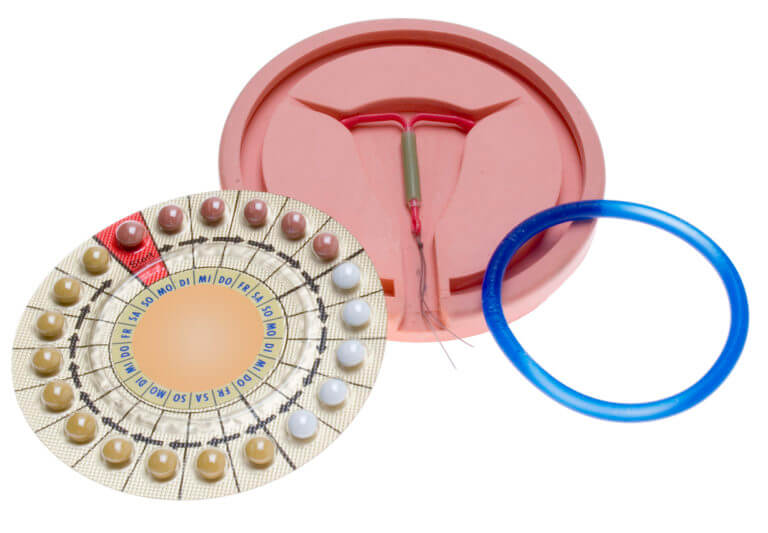
With the numerous birth control options available to women today, it’s understandably easy to get confused as to which one you should choose. Talking to your obstetrician about birth control gives you a platform to get your concerns addressed. Their expertise will take you closer to making an informed decision on which method is most effective and suitable for your lifestyle.
Here are some tips to guide you when discussing birth control options with your obstetrician.
1. Ask specific questions.
Because you need to get as much information as you can out of your conversation with your obstetrician, you should come up with a list of pertinent questions to ask. Here are some that you may want to ask during your appointment:
- What is the best kind of birth control?
- What does it feel like to have an IUD inserted?
- Which side effects can I expect? Which side effects are normal and which are not?
- Will this method affect my ability to get pregnant, if I decide to do so in the future?
- Will this method make me gain weight or give me acne breakouts?
- What should I do if I forget to take my birth control pill?
2. Tell your doctor everything about your menstrual cycle.
Make sure to share as much detail about your period with your doctor as possible. Telling your doctor everything that they need to know about your menstrual cycle will make it easier for them to prescribe the most effective birth control option for you. A lot of people don’t know that birth control is given for a lot more reasons than just stopping pregnancy.
If your period causes excruciating pain and cramping, your doctor may give you a type of birth control that contains low progestin and zero estrogen. If you have frequent migraines or want to regulate your period, your doctor might suggest a hormonal IUD, which is also recommended for women who are unable to take hormonal pills that contain estrogen.
3. Be very transparent about your sexual health and lifestyle.
Besides your medical history, make sure you discuss your sexual health and lifestyle habits with your doctor. Having a hectic work schedule or drinking alcohol doesn’t diminish the effectiveness of any form of contraception, but letting your doctor know about your lifestyle will help them give you the most suitable option.
For instance, if you are always on the go, your obstetrician might recommend contraceptive implants or something that you don’t have to worry about taking at the same time each day. If you drink alcohol frequently, oral contraceptive (OC) pills may not be a good option, as they can amplify the negative effects of alcohol, leading to impaired judgment and risky behavior. Likewise, if you’re 35 years or older and you smoke, tell your doctor about this, as the combination of oral contraceptives and cigarette smoking can put you at a higher risk for cardiovascular disease.
Your doctor might also want to know about your sexual practices, condom use, past pregnancies, or future intentions of getting pregnant.
4. Talk about your medical history as well as your family’s.
During your appointment, you also need to discuss your medical conditions with your doctor, especially if you have hypertension or migraines. Contraceptives that contain estrogen (like vaginal rings, skin patches, or pills) are contraindicated in women with migraines, as these put you at an increased risk of stroke. In addition, research reveals that the use of birth control pills points to a three- to six-fold increase in a woman’s likelihood of developing hypertension, which especially increases with age and duration of use.
If you have a family history of heart disease, hypertension, kidney disease, or obesity, make sure to consider this, as well. If you don’t open up about your family medical history, your doctor may not bring up the serious side effects with you because they may not think it’s relevant.
Women’s Reproductive Health Care in Syracuse, NY
If you’re seeking expert advice on contraceptives, the obstetricians at University OB/GYN Associates are always ready to answer all of your questions and provide you with all of the information you might need—in a highly supportive, sensitive, and compassionate environment, where you can feel relaxed and comfortable when discussing your concerns.
To find out more about our services or to schedule a consultation with any of our obstetricians, request an appointment or call (315) 464-5162 today. We are affiliated with SUNY Upstate Medical University and see patients in several locations within Upstate Medical University.



